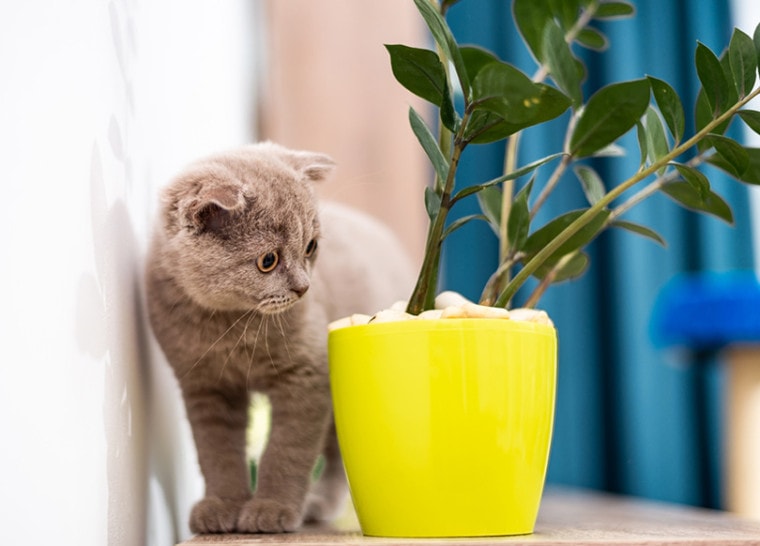
It’s a classic: you’ve just acquired a splendid houseplant, and a few days (or hours) later—oh, the horror! Your pet feline has nibbled half the leaves of your precious orchid! Indeed, cats are very often attracted to houseplants: they either bite the leaves, scratch the soil, or even use them as a litter box.
So, in addition to being concerned about the plant’s potential toxicity for your pet, you obviously want to keep your cat away from all your indoor plants. But don’t worry—there are six proven solutions to prevent your cat from damaging your houseplants. Let’s dive in!
The 6 Ways to Keep Cats Out of Indoor Plants
1. Mustard or Pepper Repellents

Mustard is an excellent repellent against cats: just dilute a few spoons of it in water and use this mixture on plants where your cat is wreaking havoc. Then, you can use a spray to sprinkle the repellent all over the place and repeat the operation every 2 days or so.
Pepper also has good results in warding off cats from your beautiful plants. First, use freshly ground black pepper for maximum efficiency, or failing that, a commercially purchased pepper mill. Then, just sprinkle your cat’s favorite plants.
The only drawback: the smell of pepper does not last over time. It is, therefore, necessary to sprinkle regularly to keep your feline away from your plants. You can also dilute two tablespoons of crushed fresh pepper in a cup of hot water, let stand, then mix well before filtering everything. Then, spray the solution with a spray bottle.
2. Lemon and Other Citrus-Based Repellents
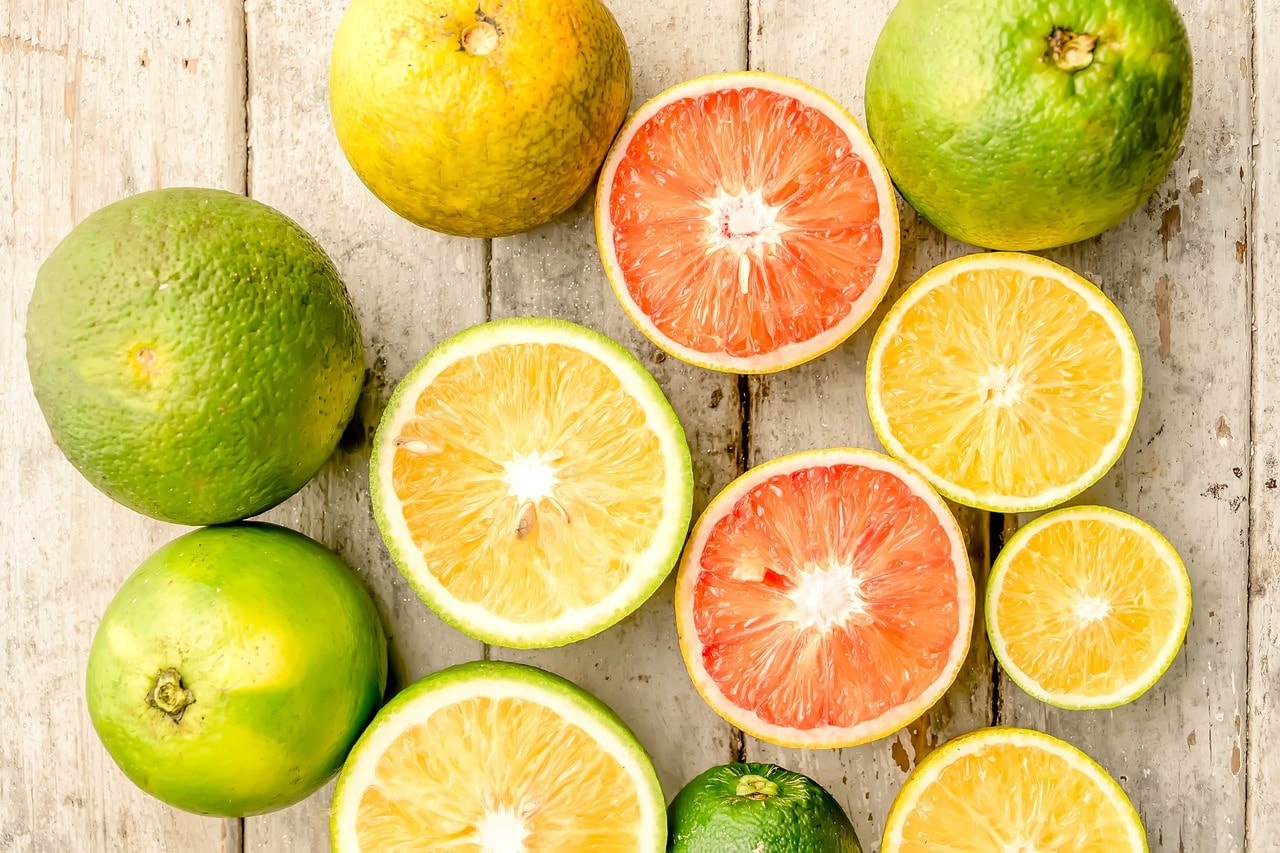
Cats do not really appreciate lemon and citrus fruits in general (like orange or tangerine). While orange and lemon essential oils can be dangerous when misused, it is safe to use a homemade zest repellant.
Bring lemon or orange zest to a boil in a liter of water, infuse for ten minutes, then filter. Once cooled, spray the resulting mixture around the house. Repeat the operation as often as necessary—plus, it smells good!
3. Essential Oils

You can use any citrus essential oil (orange peel, lemongrass, lemon, tangerine) to keep cats away from your plants. However, you must use essential oils with caution because they can become toxic beyond a certain amount.
Therefore, you need to dilute them in water, for example, five drops of essential oil of lemon zest in 500 ml of water. Lavender and eucalyptus essential oils are also very effective as a natural repellent but can be dangerous as well. Besides, never spray directly on your cats or your plants if they are eating them! Instead, it is better to place a cotton ball soaked in a few drops of essential oil in your jars; this will be enough to keep your cat away without endangering him.
4. Coffee Grounds

This trick is pretty easy to do. Also, coffee grounds are an excellent fertilizer for your plants. Collect your coffee grounds in a container, then place the grounds at the foot of the plants or flower pots concerned. Repeat regularly to maintain the effectiveness of the device and remove the grounds if it starts to mold.
5. Onion and Garlic
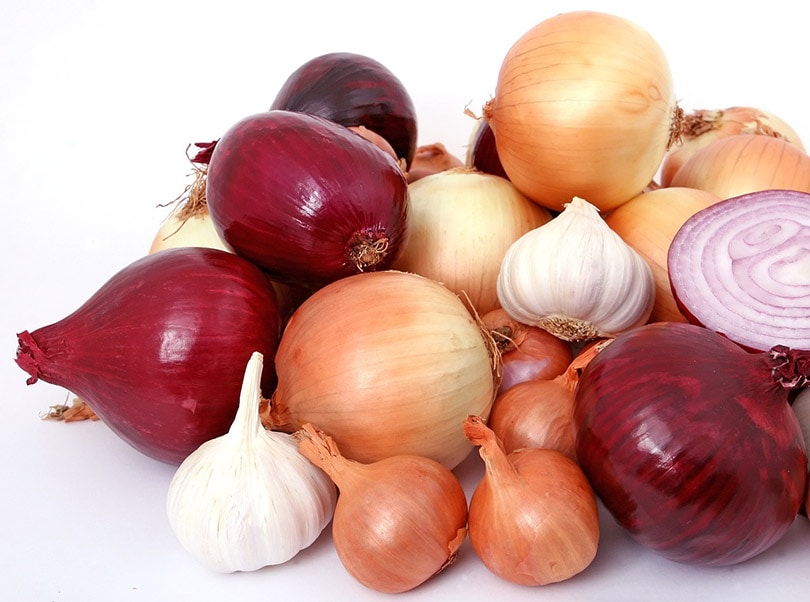
To protect your flowers, just rub the edge of the tubs with a fresh onion cut in half! On the other hand, since the smell can be powerful, you might want to avoid using this trick inside your home. However, it can be beneficial for the plants or flowers on your balcony. You can also put garlic cloves cut in half directly in the pots of your plants. Their scent is sure to scare away cats!
6. Anti-Cat Aromatic Herbs
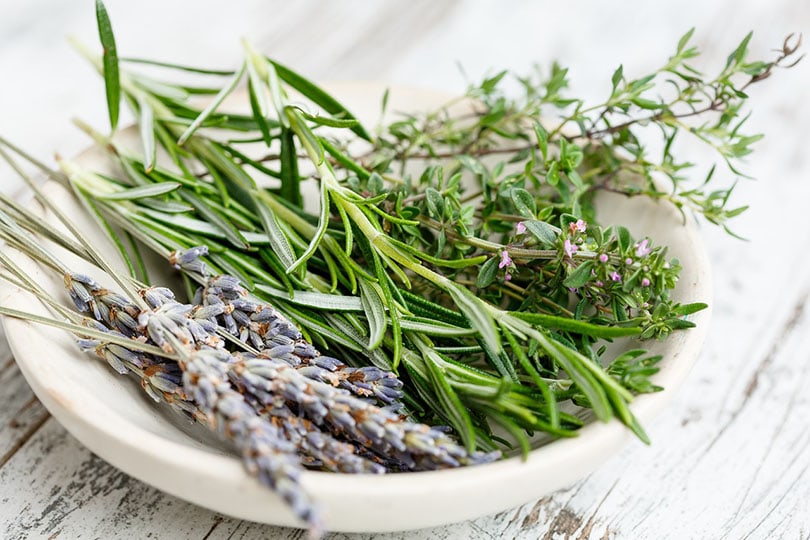
Rosemary, lavender, and lemon thyme are easy to grow aromatics and effective as cat repellants. They can simply be grown in the garden alongside the plantings to be preserved. Alternatively, you can use dried rosemary and lavender in a spray bottle after steeping for several hours in 3 cups of hot water with a bit of cinnamon. Strain the mixture and add a little white vinegar. Shake everything well. Your homemade repellent is ready to use.
Why Does Your Cat Eat Your Houseplants?
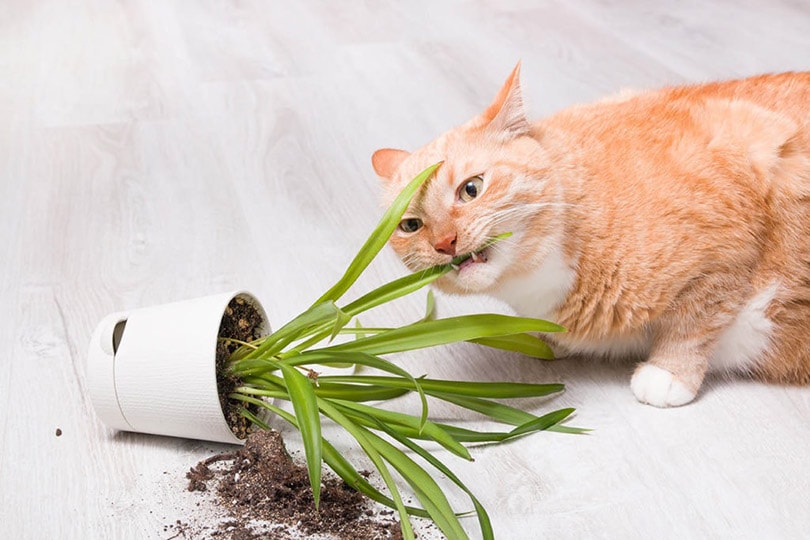
Indoor Plants Are Said to Be a Natural Aid for Feline Digestion
According to experts, cats eat grass to facilitate their digestion and help them evacuate the hairballs that they swallow daily while grooming themselves. Indoor plants would act a bit the same, especially for a cat who doesn’t have access to your outdoor garden. Since this behavior is instinctive in cats, you could facilitate their digestion (and save your plants!) by offering them a little “green” corner in your house where you will grow grass.
Indoor Plants Are a Playground for Cats
A cat kept indoors can sometimes get bored; thus, he may see your plants as a terrific playground! This is why his environment must be as rich as possible, with a wide variety of toys, a cat tree, perches at window level, etc., in order to keep your kitty physically and mentally stimulated.
Indoor Plants Can Serve as Anti-Stress for Cats
Like children, cats can react to stress and misbehave. Eating houseplants usually gets your attention, even if it is in a negative way. If your cat is being bullied by another animal in the house or feels left out by you, their emotional stress can manifest in destructive habits, like eating your beautiful houseplants!
Which Plants Are Toxic to Cats?
First off, you need to make sure that your houseplants are not toxic to your cat. The list of poisonous plants is very long.
If you suspect your cat has consumed a poisonous plant, contact your veterinarian immediately and give him the name of the plant your cat has ingested.
Final Thoughts
If there is any irritating behavior of felines, it is the habit of destroying or eating houseplants! However, with a bit of patience, you will eventually find the trick that works. We promise, with the right strategy in place, houseplants and cats can live together in (almost) perfect harmony!
- Related Read: 6 Perfect Plants to Keep Cats Away (Safe & Humanely!)
Featured Image Credit: Stenko Vlad, Shutterstock







